The origins of superstitions like knocking on wood
Superstitions have fascinated humans for centuries, offering a glimpse into cultural beliefs and irrational fears. From avoiding black cats to tossing salt over our shoulders, these practices are ingrained in our daily lives. But why do we cling to these rituals? The answer may lie in our innate desire to control the uncontrollable. With a blend of tradition and psychology, superstitions provide comfort in an unpredictable world.
The Ancient Roots of Superstitions
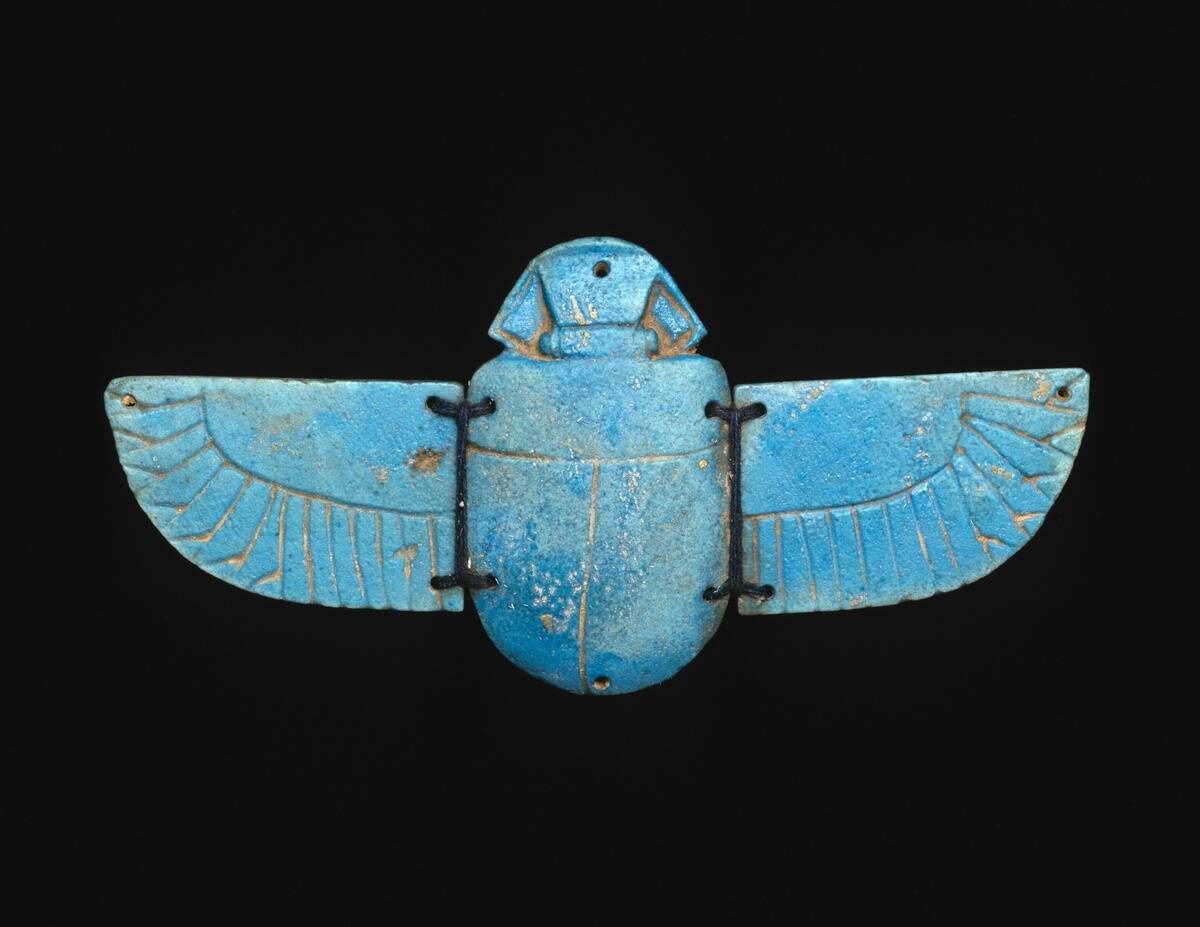
Superstitions date back to ancient civilizations, where they were often intertwined with religion and mythology. The Babylonians, for instance, relied on omens to predict the future, while the Egyptians believed in the protective power of amulets. These beliefs were not just arbitrary; they were part of a larger system that helped people make sense of their environment. As societies evolved, so did their superstitions, blending old beliefs with new interpretations.
Knocking on Wood: A Timeless Tradition
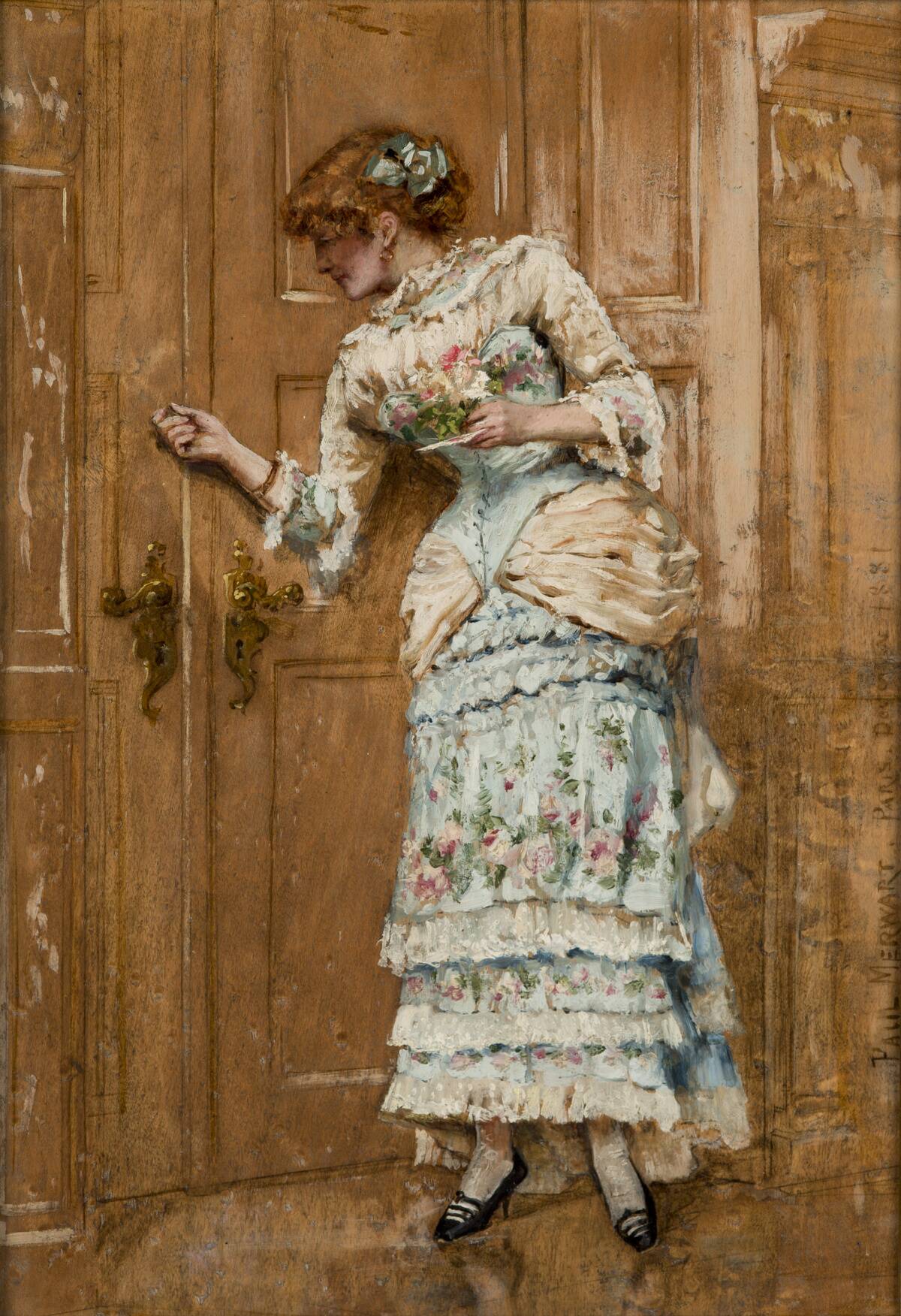
The act of knocking on wood is a widespread superstition believed to ward off bad luck. This ritual is thought to have originated from ancient pagan cultures, which believed that spirits resided in trees. By knocking on wood, individuals could invoke the protection of these spirits. Today, this practice persists, serving as a simple gesture to ward off misfortune and invite good luck into our lives.
The Power of Trees in Ancient Cultures
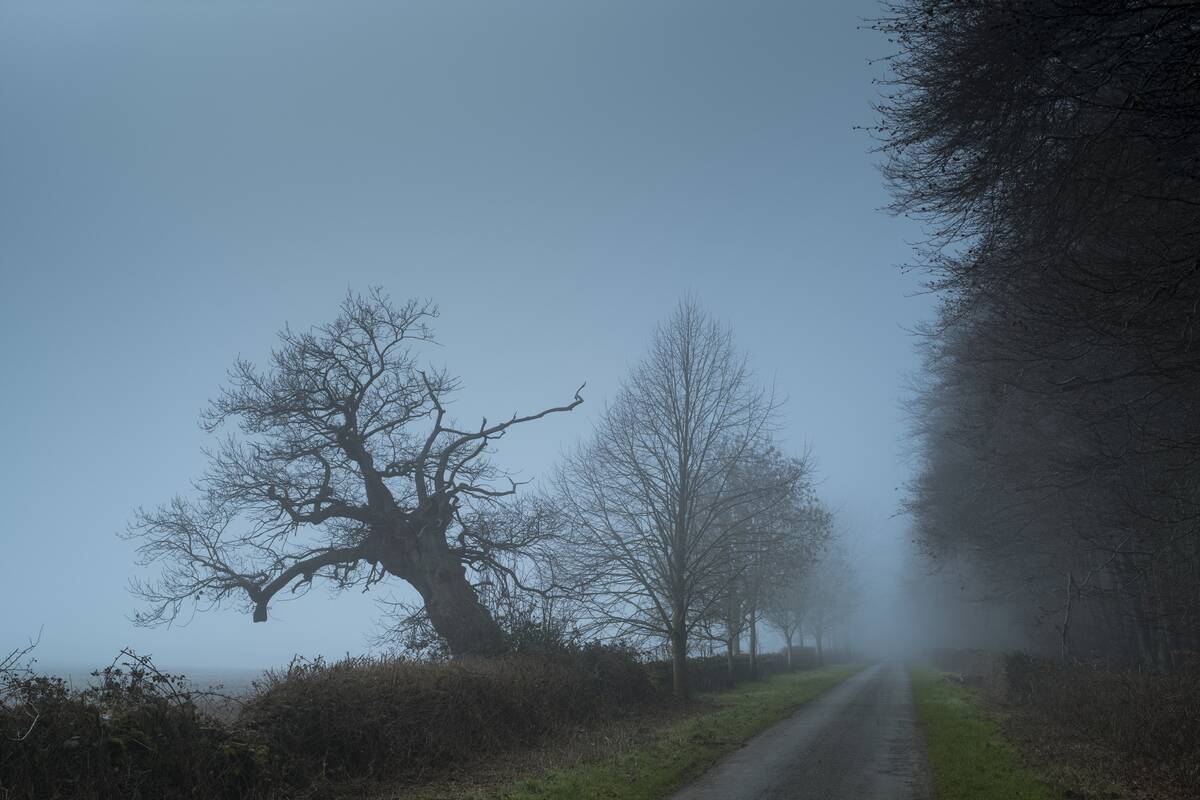
Trees have been revered across cultures for their perceived power and wisdom. In Celtic traditions, oak trees were considered sacred and were associated with strength and endurance. Similarly, in Norse mythology, Yggdrasil, the World Tree, connected the heavens, earth, and underworld. This reverence for trees likely contributed to the development of wood-related superstitions, emphasizing their role as symbols of protection and continuity.
Touching Wood: From Pagan Beliefs to Modern Practice
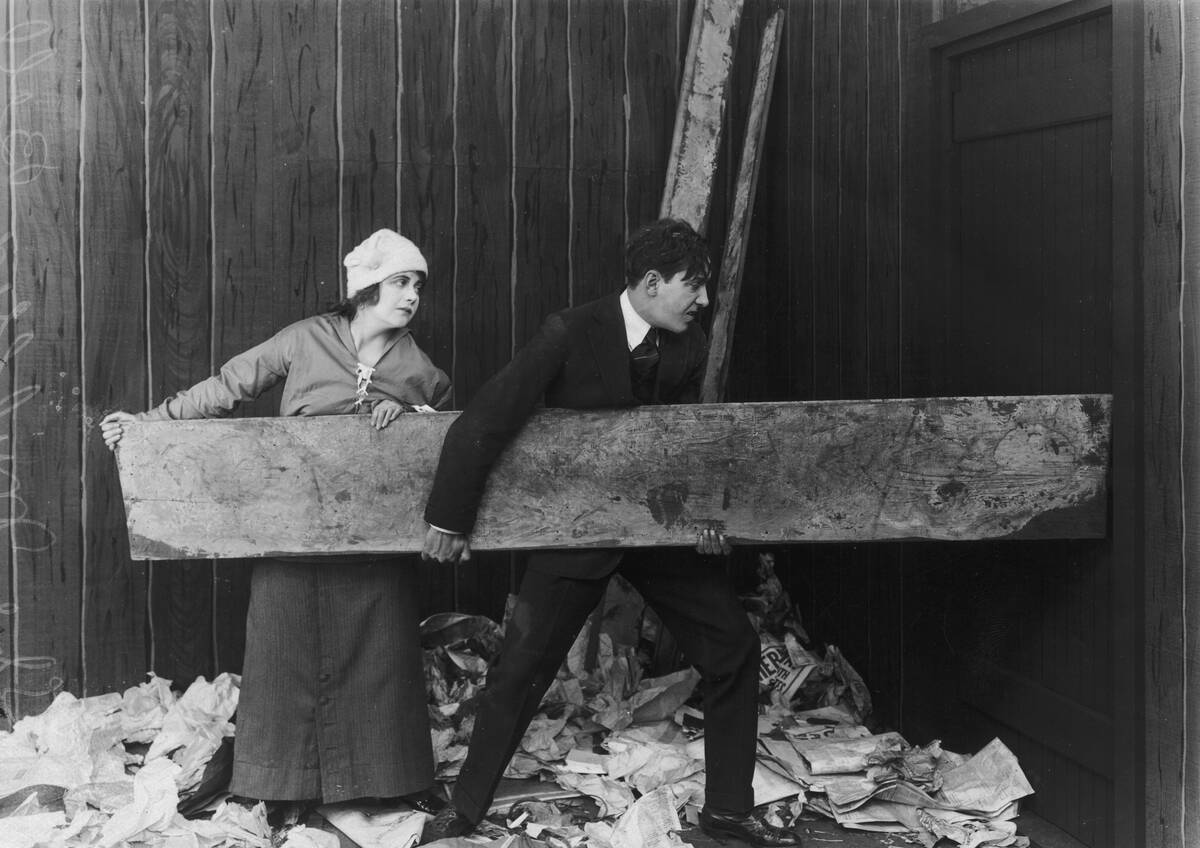
Touching wood as a protective gesture has evolved from ancient pagan rituals to a modern-day habit. Originally, this practice was meant to honor the spirits believed to inhabit trees. As Christianity spread, the symbolism shifted slightly, associating the act with the wood of the cross. Despite these religious origins, the gesture has become secularized, with people worldwide using it to ward off potential jinxes.
Breaking Down the Phrase: Why Do We Say “Knock on Wood”?
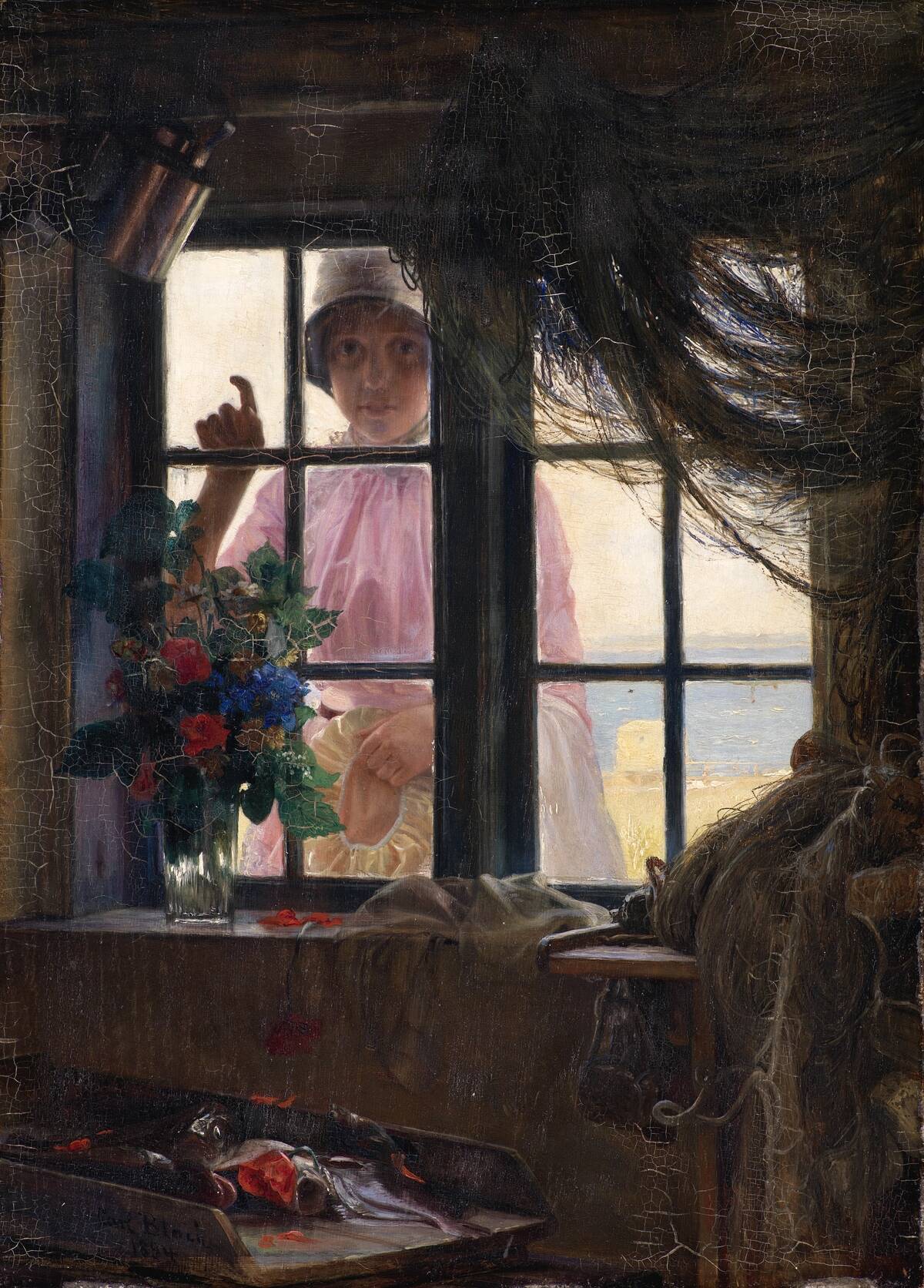
The phrase “knock on wood” has perplexed many, but its origins are steeped in tradition. It likely stems from the belief that touching wood or knocking on it can prevent bad luck or reverse a jinx. Some linguists suggest that the phrase’s popularity grew in the 19th century, as it became a colloquial expression for invoking good fortune. Regardless of its exact origins, the phrase remains a popular idiom today.
The Role of Superstitions in Human Psychology
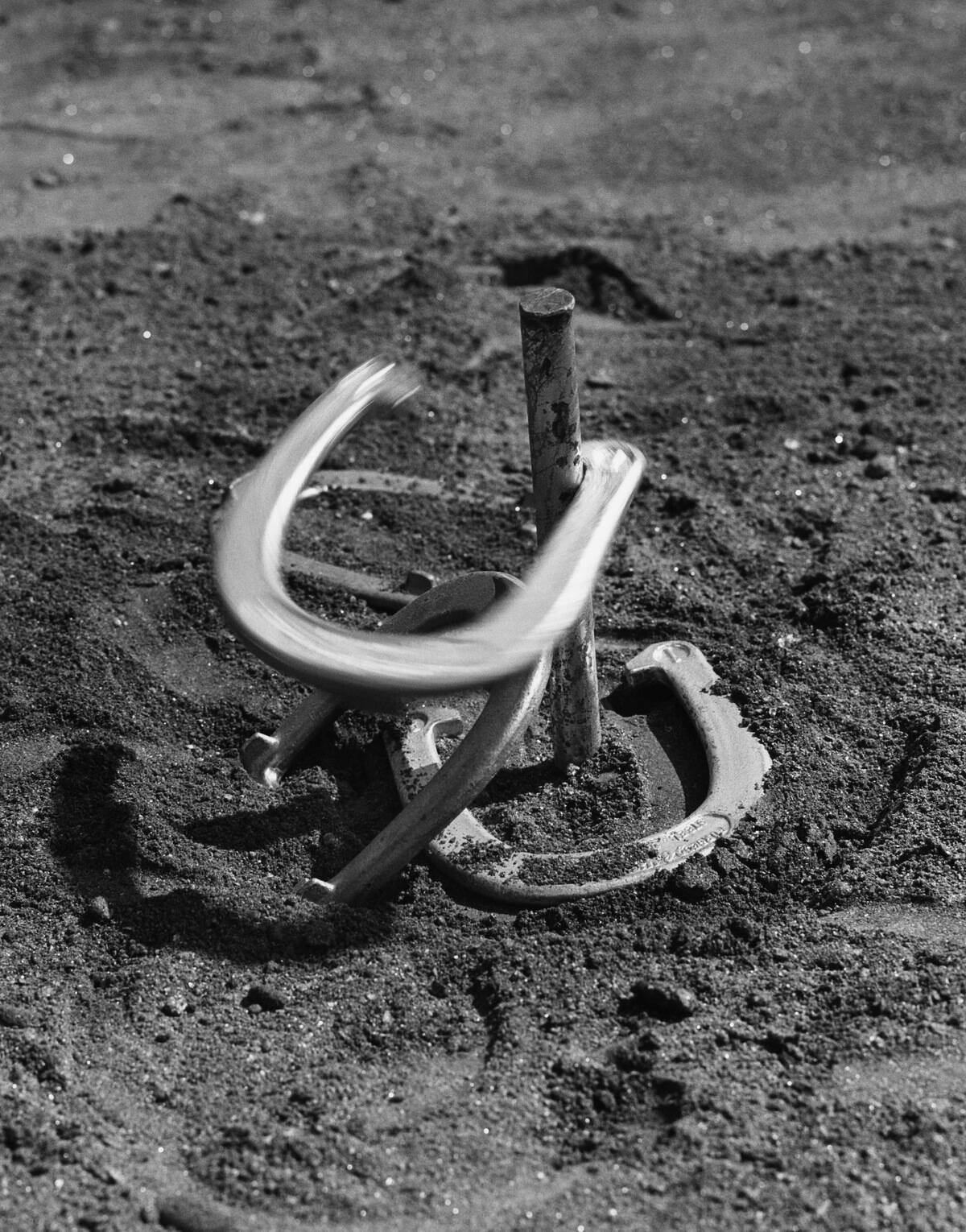
Superstitions play a fascinating role in human psychology, offering a sense of control in uncertain situations. They are often linked to the cognitive bias known as the “illusion of control,” where individuals believe they can influence outcomes with specific actions. This psychological tendency makes superstitions a comforting tool, helping people cope with anxiety and stress by providing a perceived shield against bad luck.
A Global Perspective: Superstitions Around the World
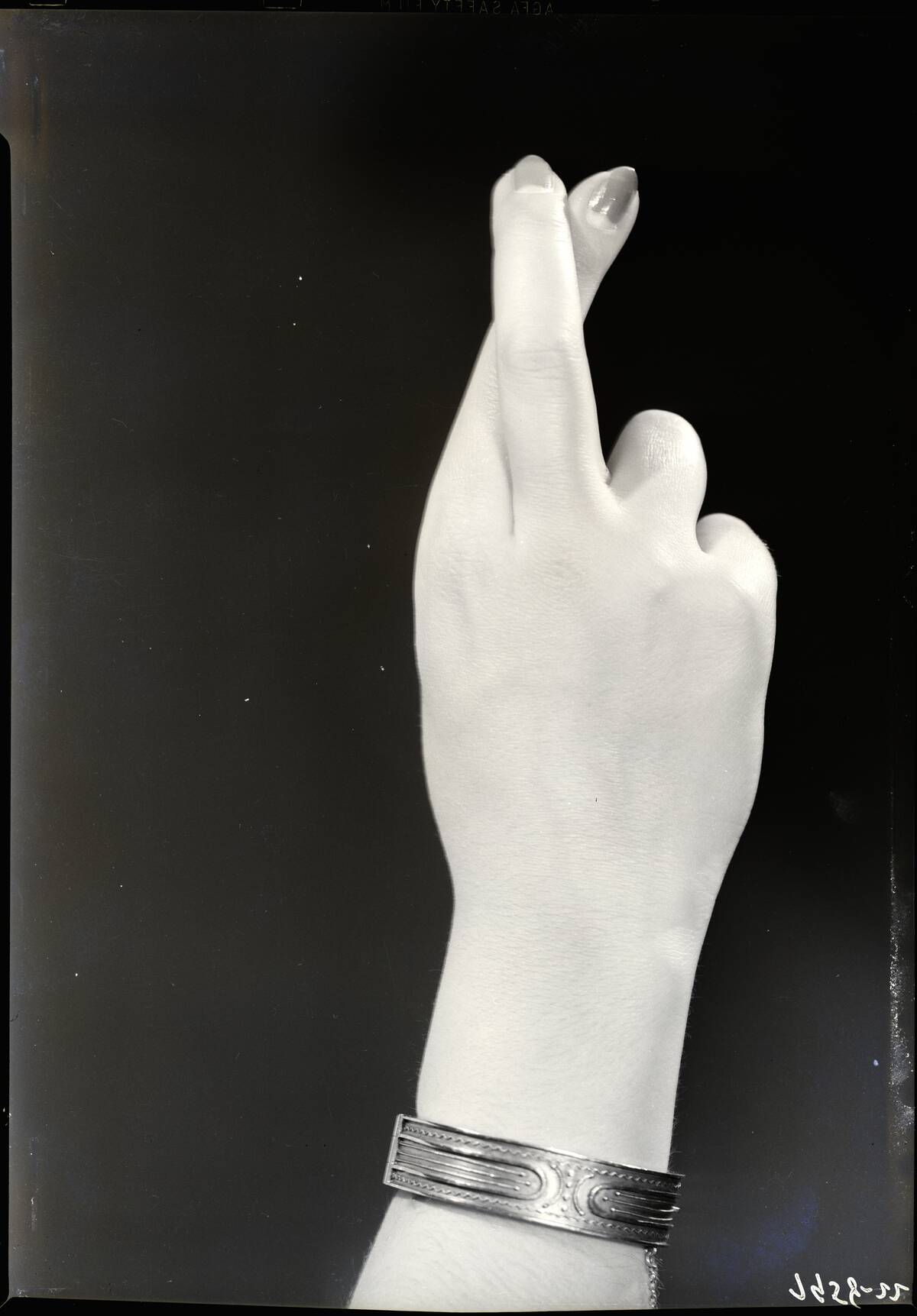
Superstitions vary widely across the globe, reflecting diverse cultural beliefs. In Italy, the number 17 is considered unlucky, while in China, the number 4 is avoided due to its phonetic similarity to the word for “death.” In Japan, the practice of “hidari-mae” involves starting any task with the left foot for good luck. These unique superstitions highlight the rich tapestry of human belief systems, each rooted in historical and cultural contexts.
Black Cats and Bad Luck: Origins and Evolution
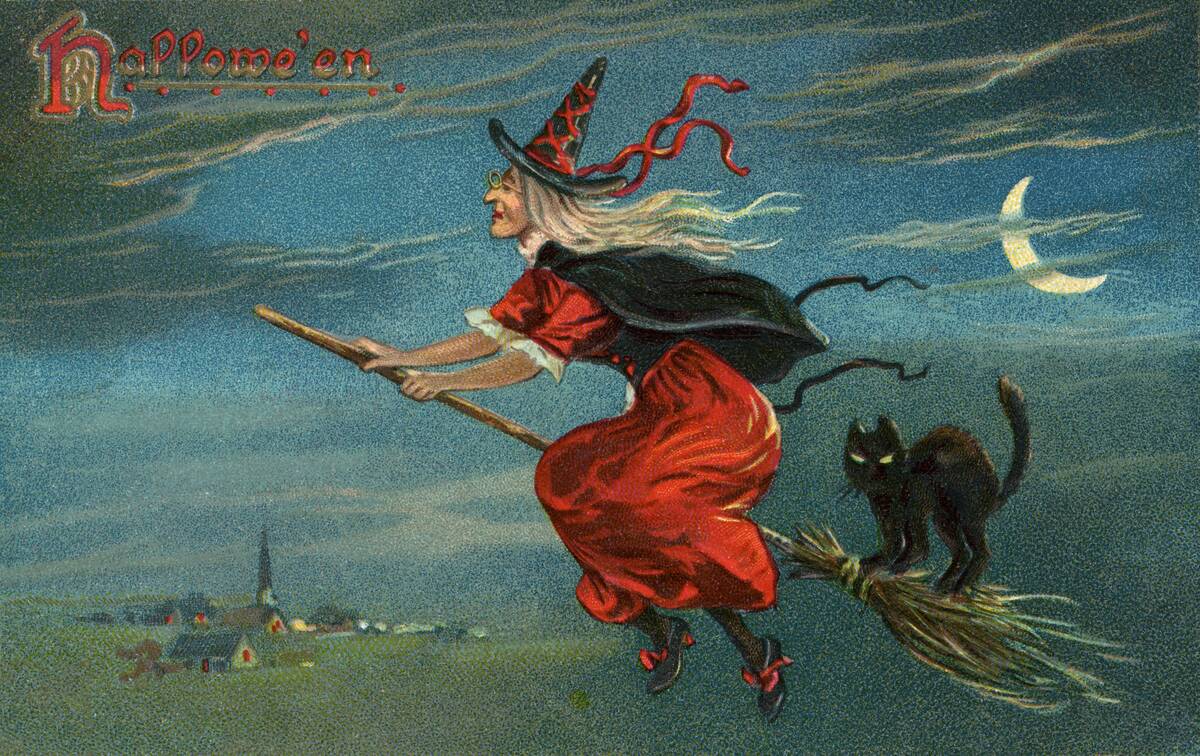
The association of black cats with bad luck dates back to the Middle Ages, when they were linked to witches and the supernatural. In many European cultures, black cats were believed to be witches’ familiars, bringing misfortune to those who crossed their paths. However, not all cultures view them negatively; in Japan and the UK, black cats are considered symbols of good luck. This duality reflects the complex nature of superstitions across time and space.
Walking Under Ladders: A Historical Perspective

The superstition of avoiding walking under ladders is thought to originate from ancient Egypt. The Egyptians viewed the triangle as sacred, and a ladder leaning against a wall forms a triangular shape. Walking through it was believed to break the power of the triangle, leading to misfortune. This belief was reinforced during the Christian era, where the ladder symbolized the Holy Trinity, and passing beneath it was seen as disrespectful.
The Number 13: Why It’s Feared and Avoided

The fear of the number 13, known as triskaidekaphobia, is prevalent in many cultures. Its origins are often linked to biblical references, such as the Last Supper, where Judas was the 13th guest. In Norse mythology, Loki was the uninvited 13th god at a banquet, leading to disaster. This fear has permeated modern society, with many buildings skipping the 13th floor and airlines avoiding the number in seating arrangements.
Breaking Mirrors: Seven Years of Bad Luck?

The belief that breaking a mirror brings seven years of bad luck is rooted in ancient Roman superstition. Romans believed that mirrors held a piece of the soul, and breaking one would damage it, resulting in misfortune. The seven-year period was based on the idea that it took seven years for the soul to renew itself. Despite advancements in science, this superstition remains popular, reflecting the enduring power of tradition over logic.
Horseshoes: Symbols of Good Fortune

Horseshoes have long been regarded as symbols of good luck and protection. This belief dates back to the ancient Greeks, who associated the horseshoe’s shape with the crescent moon, a symbol of fertility and prosperity. In medieval Europe, iron was believed to ward off evil spirits, making iron horseshoes particularly powerful talismans. Placing a horseshoe above a doorway, open end up, is thought to catch and hold good luck.
Salt Over the Shoulder: A Protective Gesture

The act of throwing salt over one’s shoulder is a well-known superstition meant to ward off evil spirits. This practice dates back to ancient times, where salt was a valuable commodity and symbolized purity. Spilling salt was considered unlucky, as it was seen as a waste of a precious resource. By tossing a pinch over the left shoulder, one was believed to blind any lurking demons, thus averting bad luck.
The Cultural Impact of Superstitions in Today’s Society
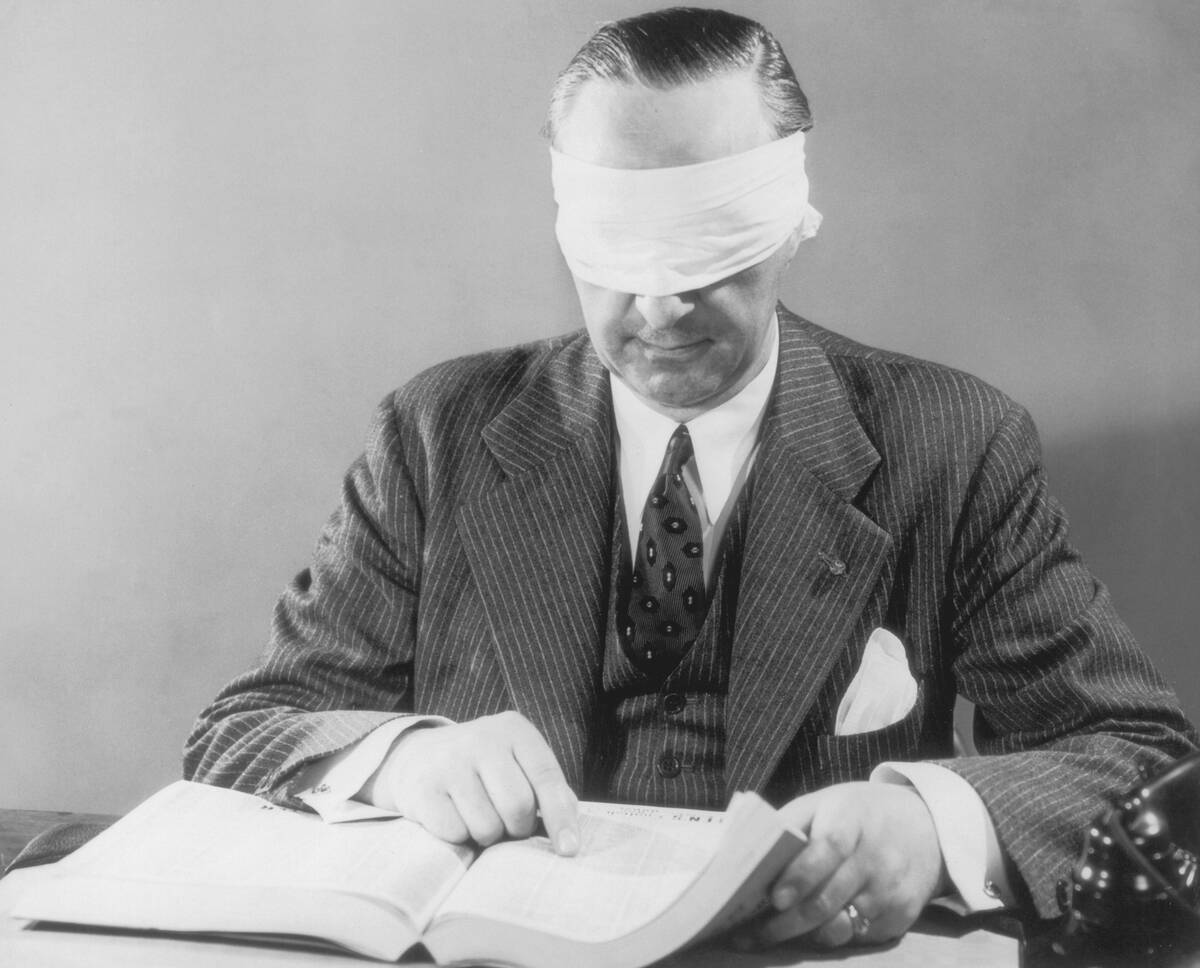
Superstitions continue to influence modern culture, shaping behaviors and traditions in subtle ways. From sports rituals to wedding customs, these beliefs offer a shared language of luck and protection. While some view them as quaint relics of the past, others see them as meaningful practices that connect us to our cultural heritage. In a world driven by technology and science, superstitions remind us of the enduring power of tradition.
How Superstitions Influence Our Daily Lives
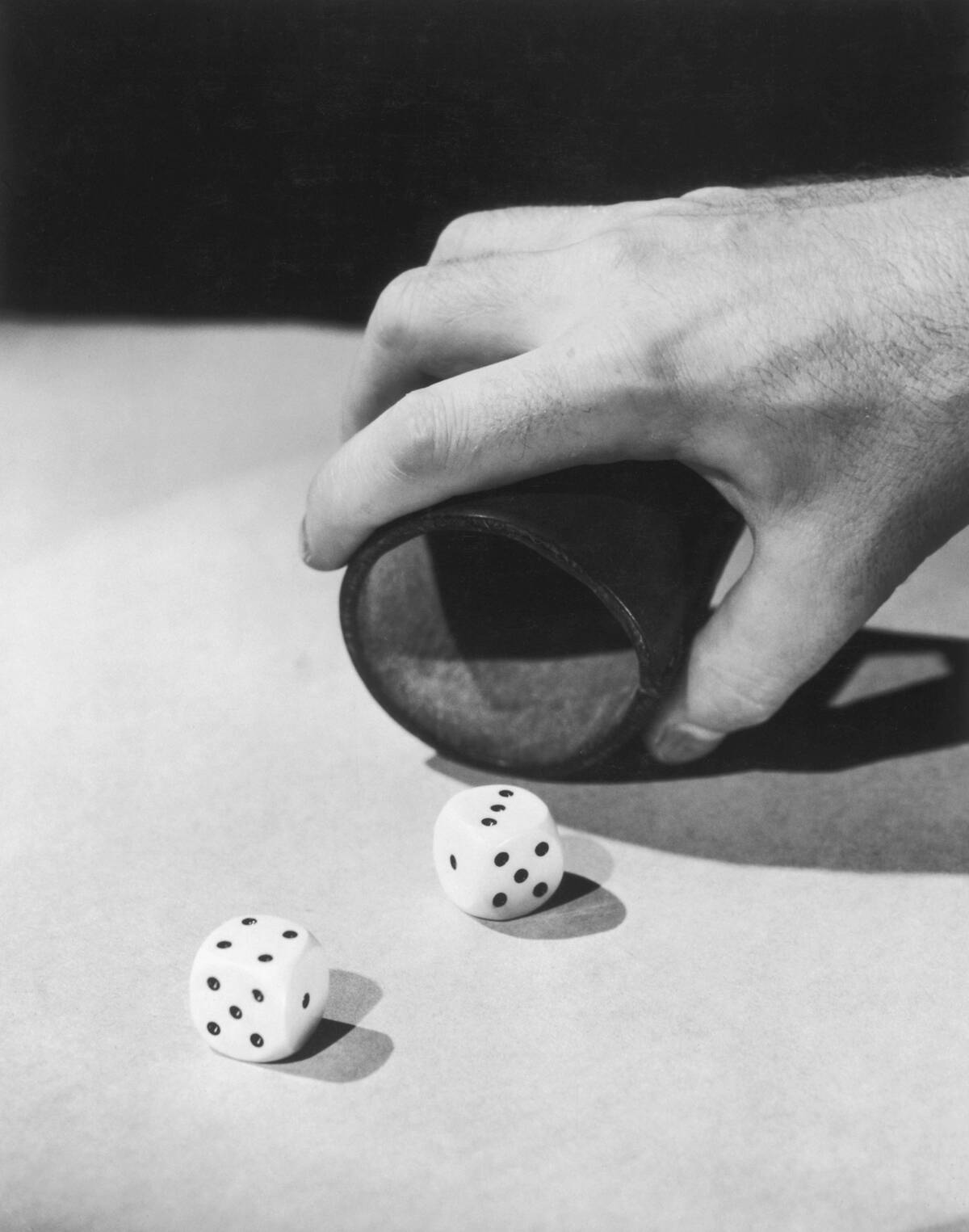
Despite living in a rational age, superstitions still impact our daily decisions. Athletes often rely on lucky charms or pre-game rituals, while people avoid making major decisions on Friday the 13th. These practices reflect our desire for control and predictability in an uncertain world. By adhering to superstitions, individuals find comfort and reassurance, reinforcing the psychological benefits these beliefs can provide.
Superstitions in Pop Culture and Media
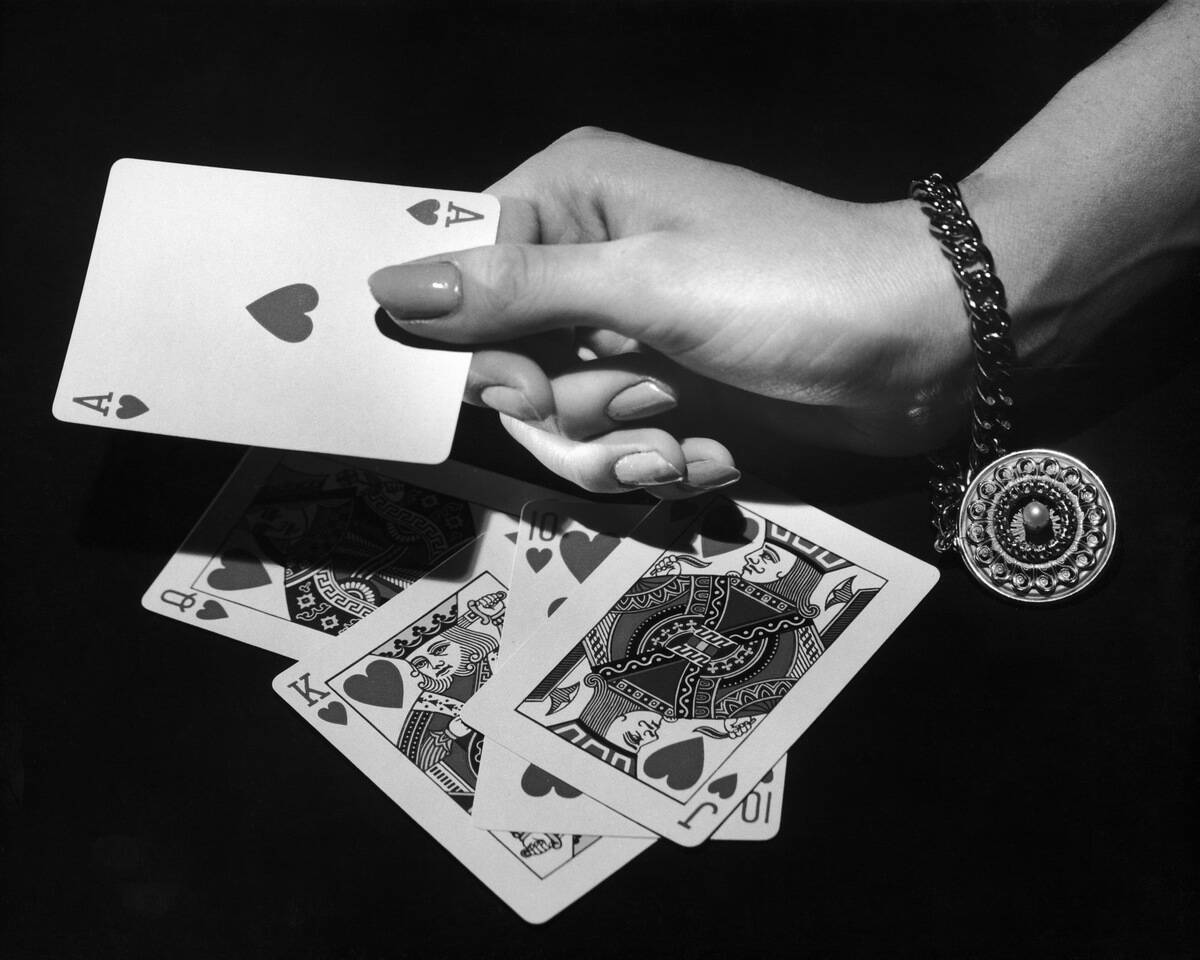
Superstitions have found a prominent place in pop culture and media, serving as plot devices in films and literature. Movies like “Friday the 13th” capitalize on the fear surrounding certain superstitions, while books explore the themes of luck and fate. These portrayals reflect society’s fascination with the unknown and the supernatural, making superstitions a compelling subject for storytelling across various media.
Are Superstitions Fading or Evolving?
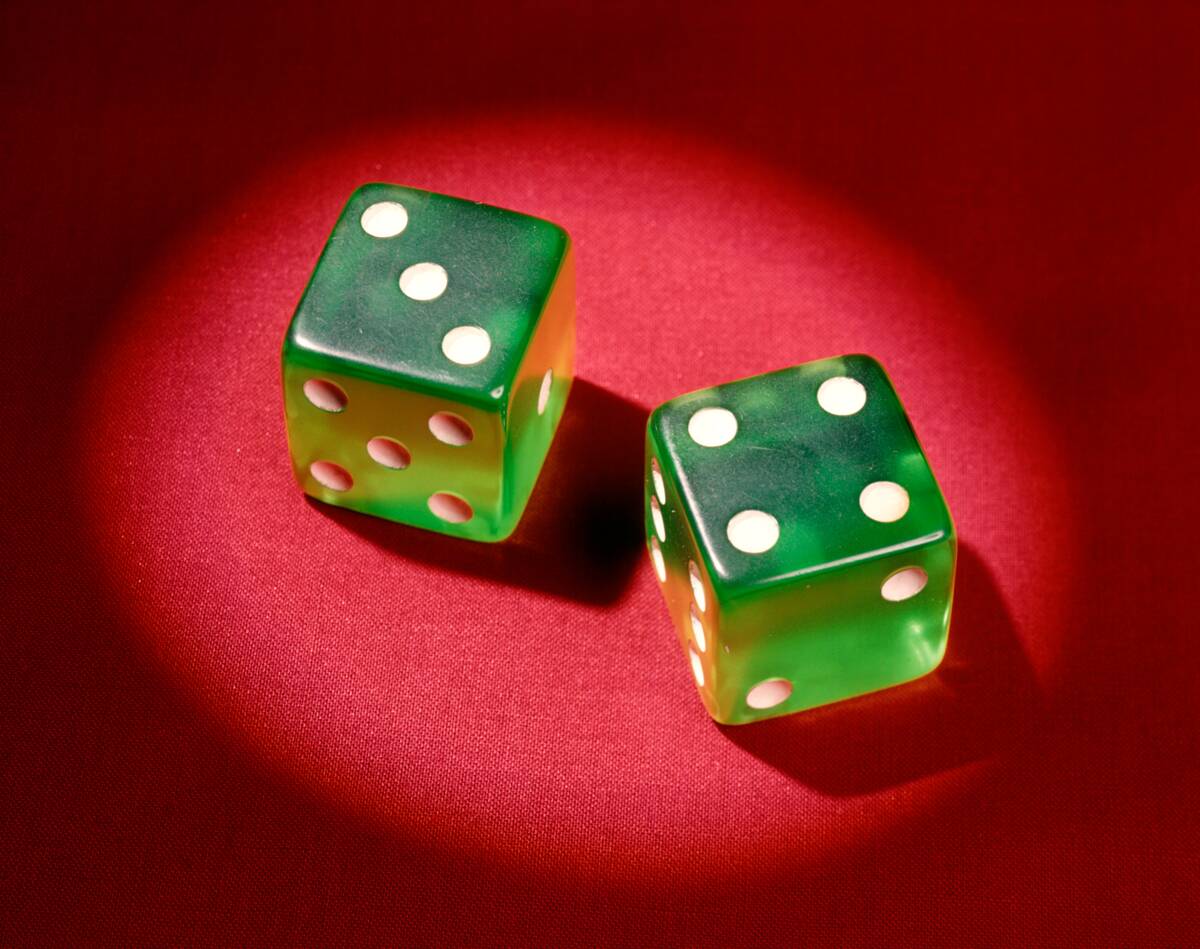
While some may view superstitions as outdated, they are far from fading away. Instead, superstitions are evolving, adapting to modern contexts and new cultural landscapes. Social media and digital platforms have given rise to new beliefs and rituals, such as viral challenges or digital talismans. This evolution highlights the human tendency to seek patterns and meaning, ensuring that superstitions remain a dynamic part of our cultural fabric.
Debunking Myths: What Science Says About Superstitions
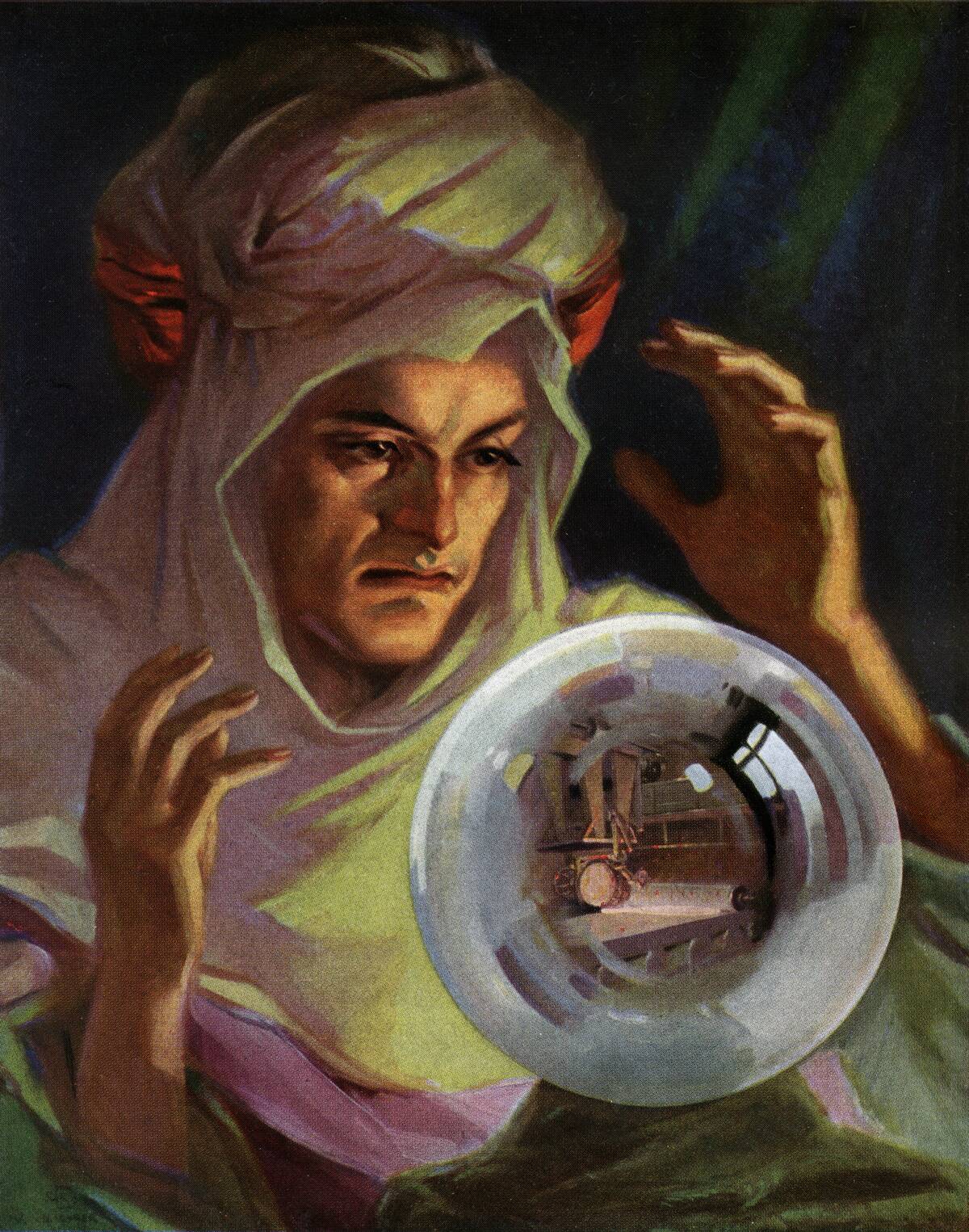
Science often challenges the validity of superstitions, attributing them to cognitive biases and psychological needs. Studies suggest that superstitions can enhance performance by reducing anxiety and boosting confidence, creating a self-fulfilling prophecy. While science may debunk the supernatural elements, it acknowledges the psychological benefits, offering a nuanced understanding of why superstitions persist despite a lack of empirical evidence.
The Future of Superstitions in a Rational World
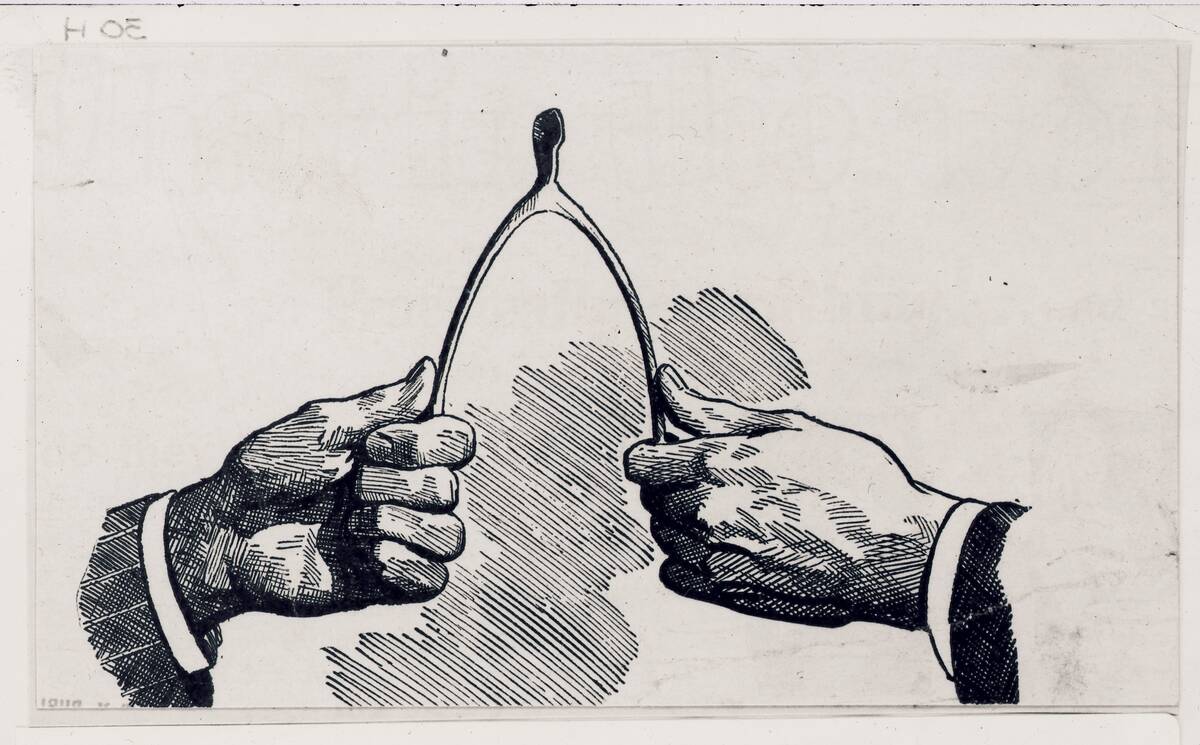
As we move further into a technology-driven era, the future of superstitions remains uncertain. While rational thinking and scientific advancements challenge traditional beliefs, the human penchant for superstition endures. Whether they evolve or fade, superstitions will likely continue to offer comfort and connection, reminding us of the enduring interplay between science, culture, and the human experience.



